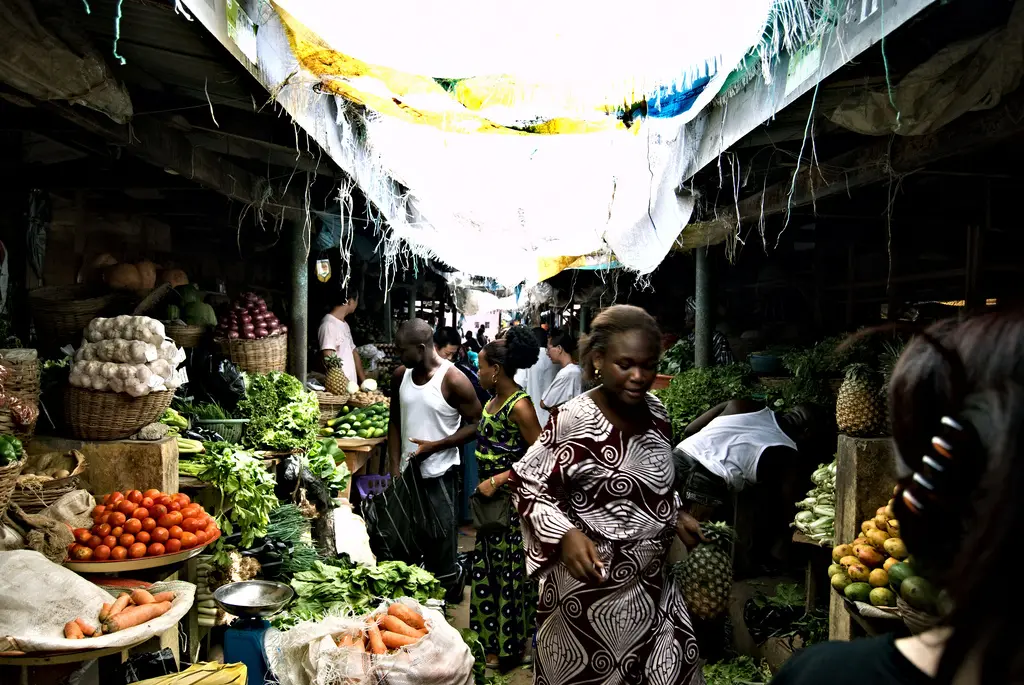Despite the rise of the naira against the dollar, the prices of locally-produced foods continue to soar, contrary to the general expectations of traders, especially those in Lagos markets.
From a recent month-long survey that ended on Thursday, April 11, it was discovered that local foods maintain a steady rise in their prices compared to the tags for foreign edibles.
For instance, a bag of foreign rice in Igando Market, which sold for N88,000 two weeks ago, now sells for N78,000. In Iyana Ipaja Market, the same bag of rice was sold at N90,000 three weeks ago but was down to N79,000 as of Thursday.
A box of super pack Indomie, sold at N9,000 in December 2023, went for N17,000 in March; however, it has dropped to N13,800 as of April 11.
The supermarkets, where foods such as canned beans, stringed beans flour and several other food items are seeing noticeable decline in prices, are not left out.
Also, a paint bucket of garri, which stood at N2,500 less than a month at Igando Market, sold for N3,400 as of April 11, while many consumers of yam testify that the size of yam that sold at N2,500 a month ago now sells at N3,500.
For beans and bread, as the prices of the former have risen by between N300 and N500 in March, those of bread have also increased the same month by at least N200.
Some sellers ascribed the fall in the price of foreign rice to the rise in the value of the local currency. They believe that with the rise in the value of the naira, importers of foreign rice are buying rice cheaper in naira terms from neighbouring countries such as The Republic of Benin.
They blame the development on the increasing insecurity in the country that prevents farmers from having access to their farms, apart from the high cost of transportation in conveying agricultural produce from farm to market.
According to the chief executive of the Center for the Promotion of Private Enterprise (PPE), Dr Muda Yusuf, part of the reasons for the high cost of locally-produced agriculture products is seasonality.
Yusuf noted that most of Nigeria’s agriculture production is tied to the rains. He said the rainy season is just setting in.
He stated:
“We are in the planting season right now. Usually, the prices of food products fall during harvest season. This is coupled with the fact that we don’t have adequate storage facilities in Nigeria. So the country’s stock of food depends on seasonality.”
